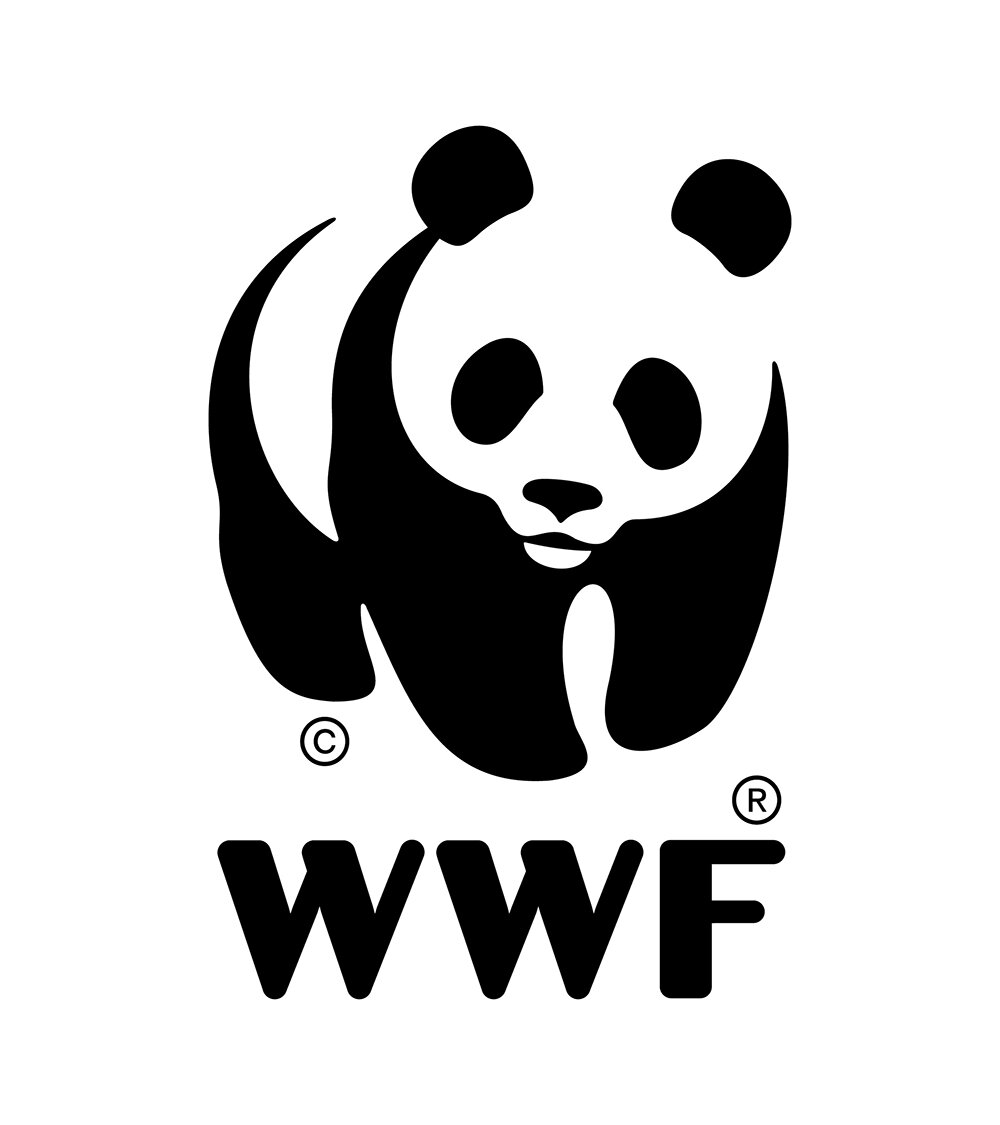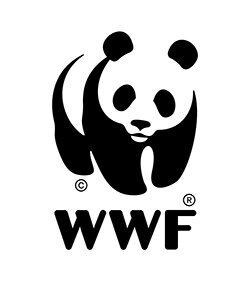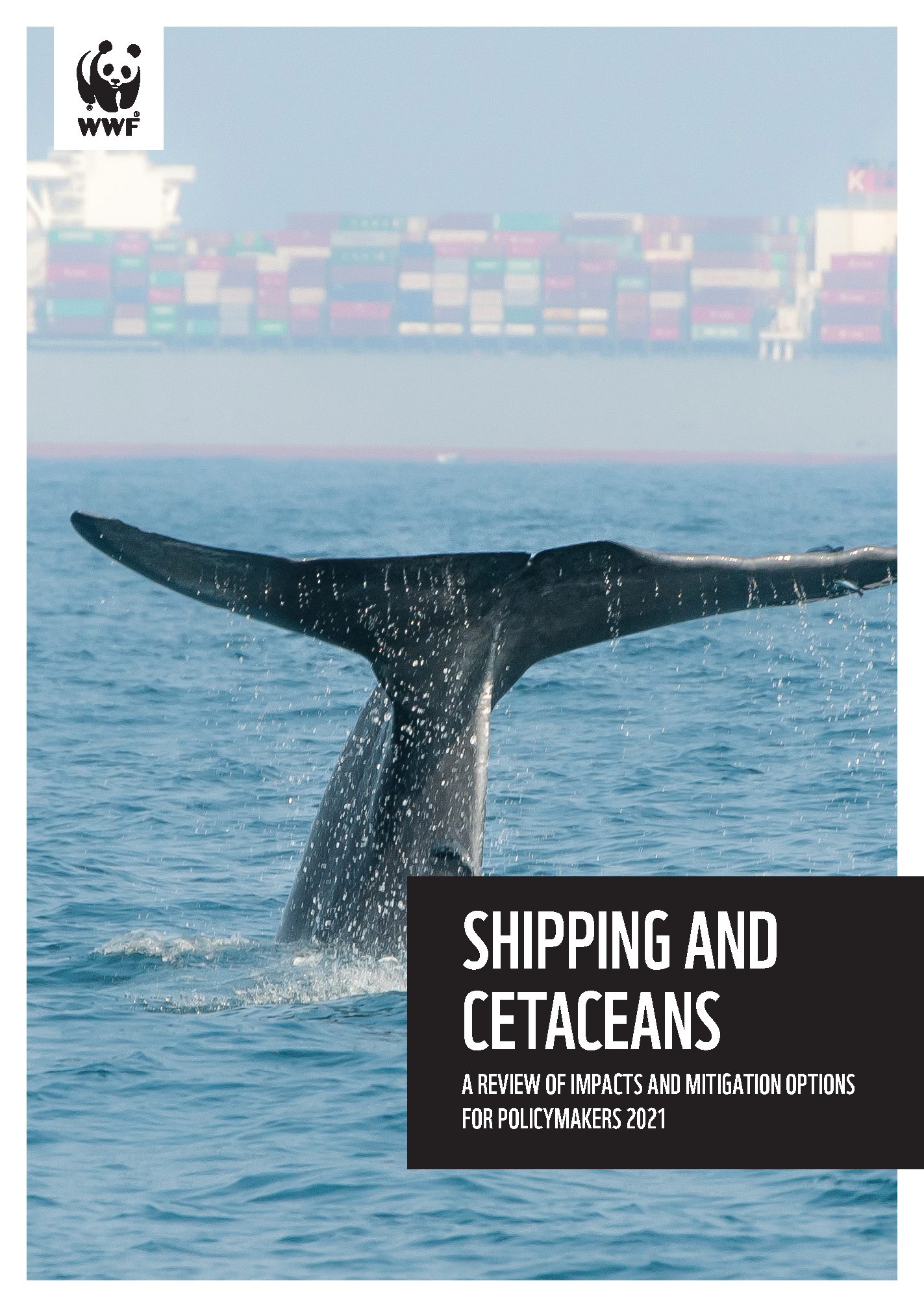Shipping and Cetaceans
A review of impacts and mitigation options for policymakers and other stakeholders
Cetaceans – whales, dolphins and porpoises – share their habitats with an ever-expanding fleet of super-tankers, cargo vessels and high-speed ferries. The global volume of shipping traffic is increasing, along with the speed and size of the largest vessels. Meanwhile, some of the world’s busiest shipping lanes overlap directly with important whale habitat.
Shipping poses multiple threats to cetaceans, from deaths directly caused by vessel strikes, to vessel noise interrupting communication and feeding behavior, which can lead to decreased health and reproduction. Ship strikes are one of the leading causes of human-induced mortality for several whale populations around the globe, including many that are already threatened or endangered after decades of whaling.
WWF’s Shipping and cetaceans report is a review prepared for policymakers, Governments and industry. It highlights case studies such as management measures to move shipping traffic away from important habitats, employing permanent or seasonal speed restrictions (of less than 10 knots) and reducing growing underwater noise pollution by encouraging ships to use noise-reduction technologies. The report spotlights the urgency and solutions for the upcoming International Maritime Organization meeting of the Marine Environment Protection Committee (MEPC) from June 10-17, 2021.
#UnderwaterNoise #Shipping #WWFReport


